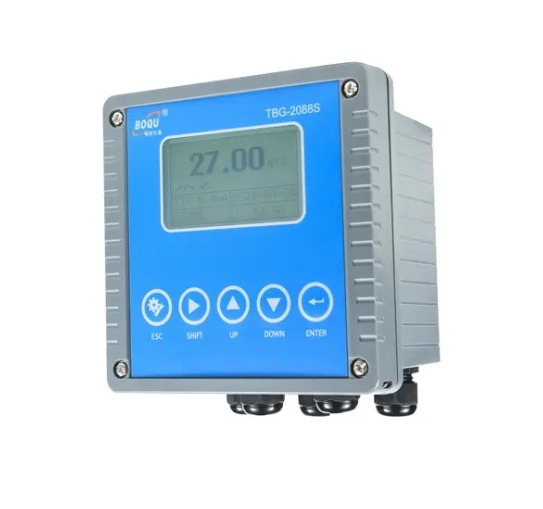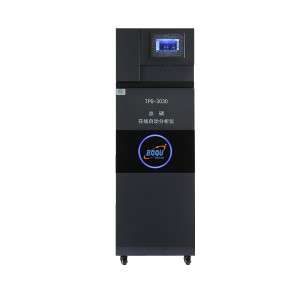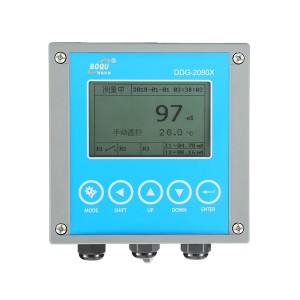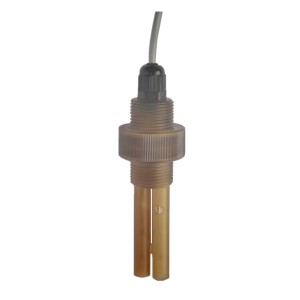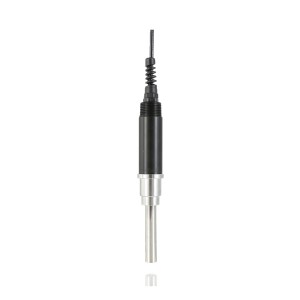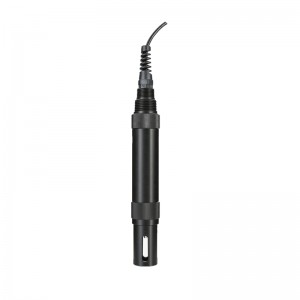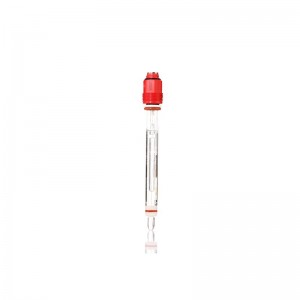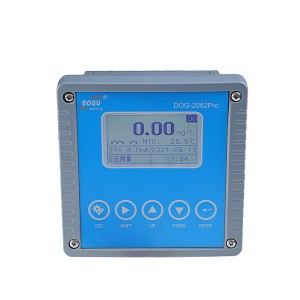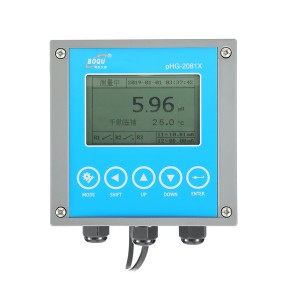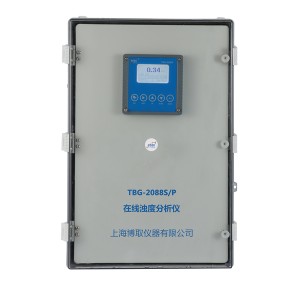Water quality is a critical factor in ensuring the safety of our drinking water, the health of aquatic ecosystems, and the overall well-being of our planet. One essential tool in assessing water quality is the turbidity meter, and when it comes to reliable water quality measurement instruments, Shanghai BOQU Instrument Co., Ltd. stands out as a trusted Turbidity Meter manufacturer. In this blog, we’ll explore the significance of turbidity meters in detecting pollution and contaminants, their role in monitoring water clarity trends related to climate change, and provide valuable tips for accurate turbidity meter calibration.
What is Turbidity?
Turbidity is a fundamental parameter in water quality assessment, often serving as an indicator of the presence of particulate matter in water. It measures the cloudiness or haziness of a liquid caused by the scattering of light due to suspended particles. The higher the turbidity, the more particulate matter is present in the water.
Turbidity measurement involves directing a light beam, such as an incandescent lamp or LED, through a water sample. Particles in the water scatter the incident light beam, and the scattered light is then detected and quantified relative to a known calibration standard. The result is a measurement of turbidity, which provides valuable information about water quality.
Turbidity measurements are widely used in applications such as monitoring drinking water quality, wastewater treatment, and industrial processes. They help ensure that filtration systems are working effectively and that water remains clear and safe for consumption.
How Turbidity Meters Help in Detecting Pollution and Contaminants
Water pollution is a pervasive problem that affects not only human health but also the health of aquatic ecosystems. Turbidity meters play a crucial role in identifying pollution and contaminants in water sources. Turbidity, in simple terms, refers to the cloudiness or haziness of a fluid caused by the presence of particles suspended in it. These particles can include silt, clay, organic matter, and even microorganisms.
BOQU’s turbidity meters utilize advanced technology to measure the scattering of light caused by these suspended particles. This scattering of light is directly related to the turbidity of the water. By quantifying turbidity, these meters provide a quick and accurate assessment of water quality. This information is invaluable for water treatment plants, environmental agencies, and researchers in identifying and mitigating sources of pollution and contaminants in water bodies.
Turbidity Meters and Climate Change: Monitoring Water Clarity Trends
As the effects of climate change become more evident, monitoring water clarity trends has become increasingly important. Changes in temperature, precipitation patterns, and land use can all impact the turbidity of water bodies. Turbidity meters serve as essential tools for tracking these trends and assessing the impact of climate change on water quality.
Turbidity is a sensitive indicator of environmental changes. For example, increased precipitation can lead to higher turbidity due to soil erosion, while rising temperatures can promote the growth of algae, further affecting water clarity. By continuously monitoring turbidity, researchers can gain insights into these environmental shifts and their consequences.
BOQU’s Turbidity Meter, known for their accuracy and reliability, are well-suited for long-term monitoring projects. These meters allow scientists and environmentalists to gather data on how climate change is altering water quality, enabling them to develop strategies to protect and preserve aquatic ecosystems.
Turbidity Meter Calibration: Tips for Accurate Readings
Accurate readings are essential when using turbidity meters to monitor water quality. Calibration is the process of ensuring that a turbidity meter provides precise and reliable measurements. Here are some valuable tips for calibrating turbidity meters effectively:
1. Use Certified Standards: Calibration standards are critical. Ensure you use certified turbidity standards that are traceable to a recognized standard reference material.
2. Regular Maintenance: Keep your turbidity meter clean and well-maintained. Any residue on the sensor can affect the accuracy of measurements.
3. Calibration Frequency: Establish a calibration schedule and stick to it. Regular calibration ensures that your turbidity meter remains accurate over time.
4. Proper Storage: Store your turbidity standards appropriately. Ensure they are kept in the right conditions and avoid contamination.
5. Correct Sample Handling: Pay attention to proper sample handling techniques, as these can affect your readings. Use appropriate sample containers and avoid introducing air bubbles.
6. Follow Manufacturer Instructions: Always follow the manufacturer’s instructions for calibration. Different turbidity meters may have specific requirements and procedures.
BOQU Instrument Co., Ltd. provides not only state-of-the-art turbidity meters but also comprehensive support and guidance for calibration. Their expertise and commitment to accuracy make them a top choice for anyone seeking reliable water quality measurement instruments.
The TBG-2088S: A Reliable Solution for Turbidity Measurement
In an era where water quality is of paramount importance, the TBG-2088S turbidity meter from Shanghai BOQU Instrument Co., Ltd. stands out as a dependable and precise solution. With its wide measuring range, high accuracy, and a variety of features that enhance its utility, it is the ideal choice for applications in power plants, fermentation processes, tap water treatment facilities, and industrial water quality control.
This turbidity meter not only ensures accurate measurements but also offers the advantage of real-time data communication through MODBUS RS485, making it suitable for industries with a strong focus on data monitoring and control. Its IP65 protection grade guarantees durability in challenging environments, ensuring long-lasting performance.
Shanghai BOQU Instrument Co., Ltd. is known for its commitment to quality and innovation in the field of water quality monitoring. Their TBG-2088S turbidity meter exemplifies their dedication to providing reliable solutions for a cleaner and safer water supply.
In Conclusion
Turbidity Meter is an indispensable tool for detecting pollution and contaminants, monitoring water clarity trends related to climate change, and ensuring the accuracy of water quality measurements. Shanghai BOQU Instrument Co., Ltd. stands as a reliable manufacturer, providing high-quality turbidity meters that help protect our planet’s most precious resource – water. Whether you are a water treatment professional, an environmental scientist, or a concerned citizen, a BOQU turbidity meter can be your trusted partner in maintaining and preserving water quality.
Post time: Nov-16-2023

